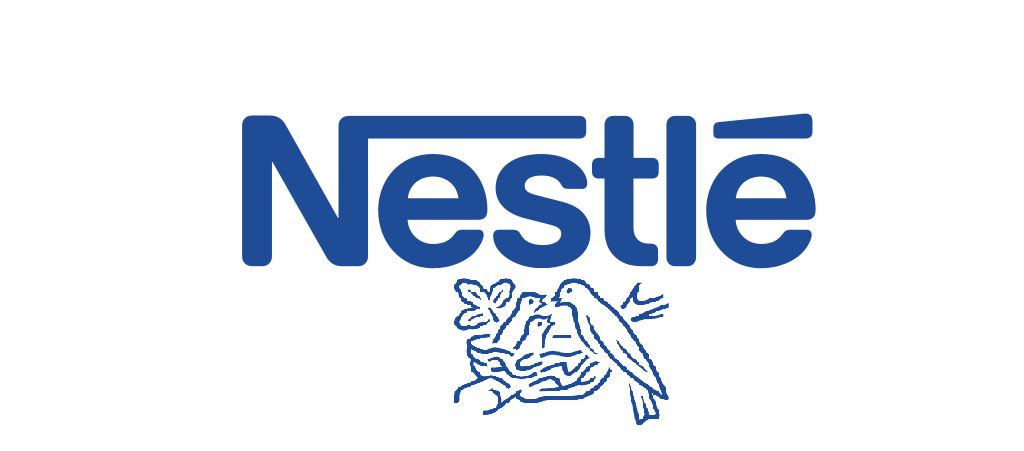Under the grill for having 60% of its portfolio being ‘unhealthy’, Nestle, the largest consumer packaged food and beverages firm pledged to update its health strategy. The issue came into the light when the Financial Times reported an internal document which said that more than 60% of its products do not come under the category of “definition of health”. After the issue was highlighted, the company kicked on its damage control strategy and claimed to be working on updating its health strategy.
Background
On Wednesday, Nestle admitted that an internal document which claimed that over 60% of the company’s food and beverage products do not meet the “recognized definition of health”. The document was first shared by Financial Times in a report which also stated how only 37% of the company’s food and beverages achieve the rating over 3.5 under the Australian Health Star Rating system.
Also Read: Amul VS PETA India: ‘Who will give livelihood to 10 crore dairy farmers?’ Amul MD asks PETA India
Details
Nestle, the owner of popular food brands such as Maggi, Nescafe, KitKat, Cerelac, Toll House, Nespresso, Boots. The food and beverage giant is under fire after a Financial Times report included an internal document which stated that over 60% of its product portfolio is ‘unhealthy. The internal document also claimed that certain food products and categories may “never be healthy” no matter how much the company “renovates”. After the report, the company stated how it has already started working on updating its health & nutrition strategy.
What else did the Financial Times report on Nestle state?
According to FT, the company’s executives are aware of a presentation that has been circulated amongst them early this year. The presentation says that only 37% of the company’s revenues – excluding products in pet food category – are above the 3.5 Australia Health Star rating.
It should be noted that this rating gives foods from company a rating out of 5 and the rating is also used for research purposes by several international food assessment groups such as Access to Nutrition Foundation. The company – which produces some well-renowned food products such as the Maggi noodles, Nescafe coffee range, etc – describes 3.5 as rating as “definition of health”.
The internal presentation above also stated-
“We have made significant improvements to our products…[but] our portfolio still underperforms against external definitions of health in a landscape where regulatory pressure and consumer demands are skyrocketing.”
Also Read: World Health Day 2021- Building a fairer & healthier world
70% of products fail to meet benchmark, 96% for beverages, 99% for confectionary
Meanwhile, the FT report also states that within its complete portfolio a whopping 70% of the company’s products actually fail to meet the 3.5 benchmark. This also stands true for a staggering 96% of the company produced beverages – and a mammoth 99% of its confectionary & ice cream products.
The report stated that Nestle produced dairy products scored relatively better with 60% of the products meeting the 3.5 rating benchmark and 82% of the waters product category meeting the benchmark. One should also make note to the fact that the report excluded certain other categories such as baby formula food, pet foods, health science division products.
Nestle receives pushback, Says working on a ‘company-wide’ strategy
After the report was released, Nestle received a major pushback from people on social media who have already criticized the company for producing products that are bad for health. To counter the pushback, the company released a statement in which it said that in the past 7 years it had reduced the amount of sugars and sodium it needs to add to certain products by 14-15%. The company further stated that it is working on devising a “company-wide” strategy to improve its products.
In its statement, the company stated-
“We are looking at our entire portfolio across the different phases of people’s lives to ensure our products are helping meet their nutritional needs and supporting a balanced diet.”
The statement also had the company add-
“Our efforts build on a strong foundation of work over decades…For example, we have reduced the sugars and sodium in our products significantly in the past two decades, about 14-15 per cent in the past seven years alone.”
“We believe that a healthy diet means finding a balance between wellbeing and enjoyment. This includes having some space for indulgent foods, consumed in moderation. Our direction of travel has not changed and is clear: we will continue to make our portfolio tastier and healthier,”
-Nestle further added.


























